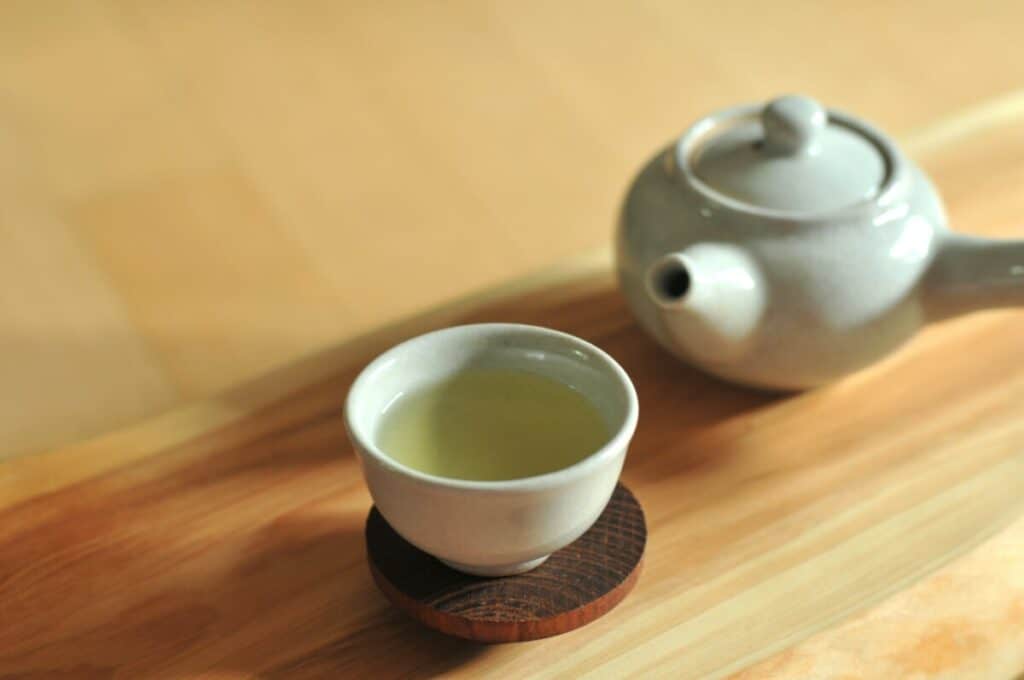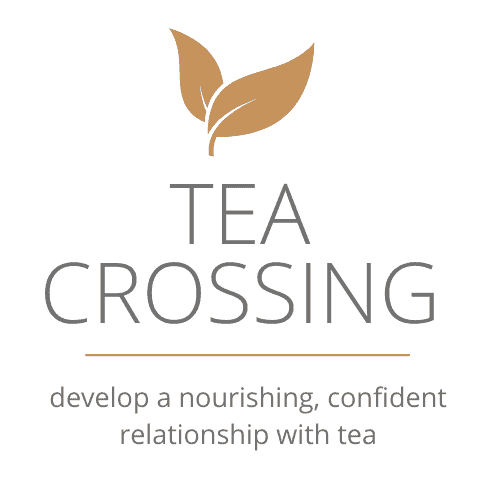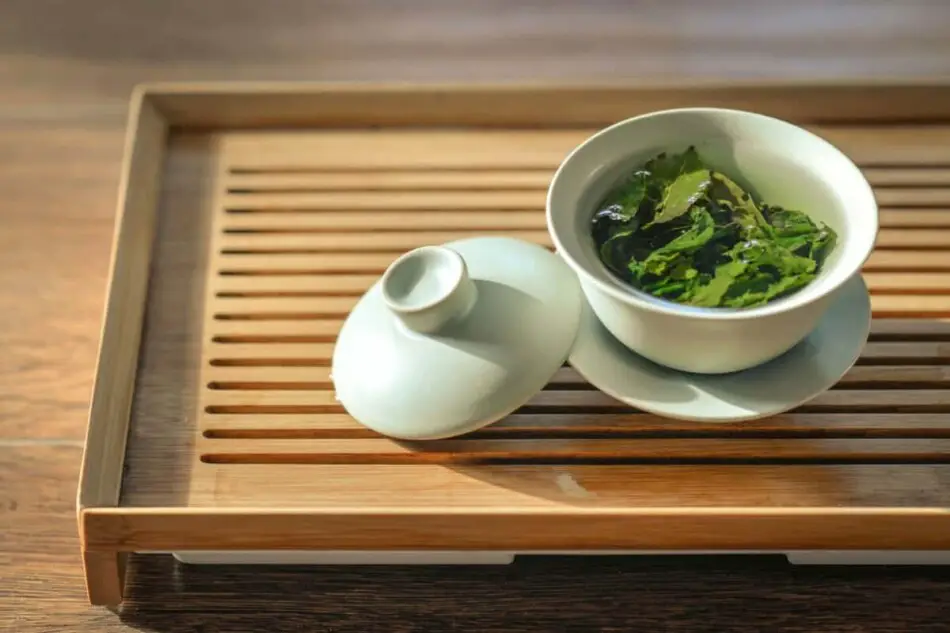Ever asked the question, why does green tea make me poop? Or do you think green tea is healthy? Do you drink it because you love the taste? Regardless of your reason for drinking it, one thing is for sure: green tea makes a lot of people poop. In this blog post, I will explore the reasons why green tea makes one poop and how to prevent it.
There are a few possible explanations for why green tea may make you poop. One is that green tea contains caffeine, which can stimulate the bowels and cause diarrhea. Another possibility is that green tea contains tannins, which can also act as a laxative. Finally, it’s possible that drinking green tea simply makes you more aware of your need to poop, because it’s a diuretic.
What About Green Tea Extracts Or Supplements?
Green tea extract supplements are a concentrated form of green tea and provide a high dose of catechins. Catechins are a type of antioxidant and have been shown to improve health in numerous ways. One study showed that participants who took green tea extract supplements had increased bowel movements and less constipation than those who didn’t take the supplement.
So, if you’re looking for a way to improve your digestive health, green tea extract supplements may be worth considering. Just be sure to talk to your doctor before starting any new supplement, as they can interact with other medications you may be taking.
Health Benefits Of Green Tea
Improves Brain Function
Green tea can improve brain function. Green tea contains caffeine, which is a natural stimulant that can improve brain function (memory, reaction time, and mood). The catechins in green tea also seem to enhance memory and attention in healthy adults. Green tea may protect your brain from age-related cognitive decline. One study showed that elderly people who drank green tea had significantly less cognitive decline than those who didn’t drink it.

May Help With Weight Loss
Green tea can help you lose weight. Green tea is often touted for its weight loss benefits. One study showed that those who consumed green tea and caffeine lost more weight than those who just consumed the caffeine. Another study suggested that green tea may increase calorie burning and fat oxidation. Green tea may also help you lose abdominal fat.
Reduces Risk Of Cancer
Green tea can lower your risk of cancer. Green tea contains powerful antioxidants, which can protect against cell damage and may reduce your risk of cancer. Several population-based studies have shown that green tea drinkers have a lower risk of various types of cancer, including breast cancer, prostate cancer, colorectal cancer, ovarian cancer, skin cancer, Non-Hodgkin’s lymphoma, and bladder cancer.
Improves Dental Health
Green tea can improve dental health. Green tea can kill bacteria and inhibit viral infections that cause bad breath, tooth decay, and other dental problems. One study showed that green tea extract reduced plaque formation in people with gingivitis. Another study found that green tea drinkers had a lower risk of cavities.
Improves Heart Health
Green tea can improve heart health. Green tea contains bioactive compounds that can improve several aspects of heart health, including lowering blood pressure, improving cholesterol levels, and reducing inflammation. One large-scale study found that green tea drinkers had a lower risk of dying from cardiovascular disease over 11 years than non-tea drinkers.
Things You Can Do To Reduce The Laxative Effect
- Drink green tea early in the day: If you drink green tea later in the day, it may stimulate your digestive system and cause you to have a bowel movement.
- Avoid drinking green tea on an empty stomach: Green tea contains caffeine and other compounds that can stimulate your digestive system. Drinking it on an empty stomach may make you more likely to have a bowel movement.
- Don’t overdo it: Start with one cup of green tea per day and see how your body responds. If you don’t have any problems, you can gradually increase your intake. But if you find that green tea makes you poop, cut back on the amount you’re drinking.
- Choose a high-quality green tea: Not all green teas are created equal. Some contain more caffeine and other compounds that can stimulate your digestive system. If you’re sensitive to these substances, choose a high-quality green tea that has been processed to reduce the levels of these compounds.
- Drink plenty of water: Green tea can have a diuretic effect, so it’s important to drink plenty of water throughout the day. This will help keep your digestive system moving smoothly.
If you follow these tips, you should be able to enjoy green tea without having to worry about it making you poop. Of course, everyone is different and you may find that one or more of these tips doesn’t work for you. But don’t give up on green tea just yet – it has many health benefits that are worth exploring.
Are There Other Teas With Laxative Effect?
Yes, other teams can have a laxative effect. Herbal teas such as senna, buckthorn, and aloe vera are known for their laxative properties. Chamomile tea can also help promote bowel movements. However, it is important to note that these teas should be consumed in moderation as they can cause diarrhea if consumed in large quantities. If you are experiencing constipation, it is always best to consult with a healthcare professional before self-treating with any type of laxative tea.
Final Words
As you can see the main reason why green tea makes you poop is because of the caffeine content. Caffeine is a stimulant that helps to increase bowel movements. Additionally, green tea contains tannins which can also act as a laxative. So if you are wondering why green tea makes you poop, it is most likely due to the caffeine and tannins content.
I hope this article helped answer your question. If you have any other questions, please feel free to leave a comment below.

